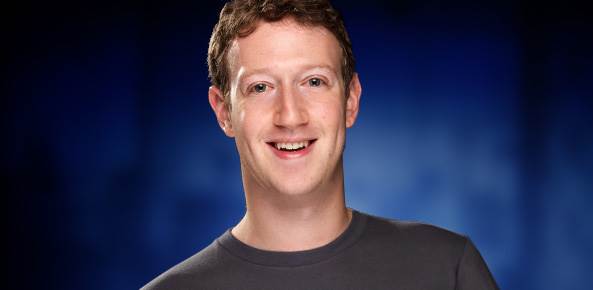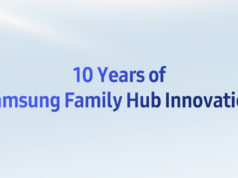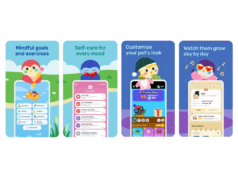Within the next five to 10 years, artificial intelligence could advance to the point where computers can see, hear and understand language better than people, Facebook CEO Mark Zuckerberg said yesterday during the company’s earnings call for the first quarter of 2016.
Facebook already has research groups dedicated to advancing the company’s capabilities in artificial intelligence, machine learning, computer vision and natural language processing and speech. Earlier this month, for example, it introduced an iOS feature called “automatic alternative text” that uses object recognition technology to provide spoken descriptions of Facebook photos to people who are visually impaired.
And this month, the company also unveiled new bot and chatbot technology as part of its Messenger Platform, now in beta. The bots enable businesses using the platform to provide automated information and help to online customers.
Biggest Goal: ‘Better Perception than People’
“A lot of what we’re building today in areas like connectivity, artificial intelligence and virtual and augmented reality may not pay off for years,” Zuckerberg said at the start of yesterday’s call. “But they’re important to our mission of connecting the world, and I’m committed to seeing this mission through and to leading Facebook there over the long term.”
Later in the call, Zuckerberg was asked about other areas where Facebook is applying machine learning to change the future experience for users. He said that “the biggest thing that we’re focused on with artificial intelligence is building computer services that have better perception than people.”
In five to 10 years, it’s likely that computer systems could have individual senses like seeing or hearing that exceed human abilities, though “that doesn’t mean that the computers will be thinking or will be generally better,” he said.
However, such capabilities could enable an app to, for example, “look” at photos taken with a phone and suggest sharing a picture of a person with other friends of that person. Zuckerberg said smarter, more capable computers could also help improve Facebook’s ranking of News Feed items for users by actually “understanding” the written content, photos and video imagery in each item.
“So all of these millions and millions of pieces of content that are out there, whether or not you’ve added someone as a friend or have liked a page, we’ll be able to know a lot better what types of things are going to be interesting to you to produce some much better feed of content,” he said.
New Corporate Structure Proposed
With revenues that increased by 52 percent year-on-year to $ 5.4 billion in the first quarter, Facebook also sees its number of users continue to grow. Each month, some 1.65 billion people now use the site. “In recent weeks, we’re also consistently seeing more than one billion people using Facebook on mobile every day,” Zuckerberg noted.
To preserve Facebook’s direction as a founder-led company, Zuckerberg also introduced a proposal that would create a new class of listed stock for the company. The publicly listed, non-voting Class C capital stock would enable the company to “maintain focus on Mark’s long-term vision for Facebook,” according to Facebook general counsel Colin Stretch. To go into effect, the proposal requires the approval of Facebook’s stockholders, with a vote expected during their annual meeting on June 20.
“This is not a traditional governance model, but Facebook was not built to be a traditional company,” Stretch wrote yesterday in a post on Facebook’s news page. “The board believes that a founder-led approach has been and continues to be in the best interests of Facebook, its stockholders, and the community.”
Image Credit: Facebook.







